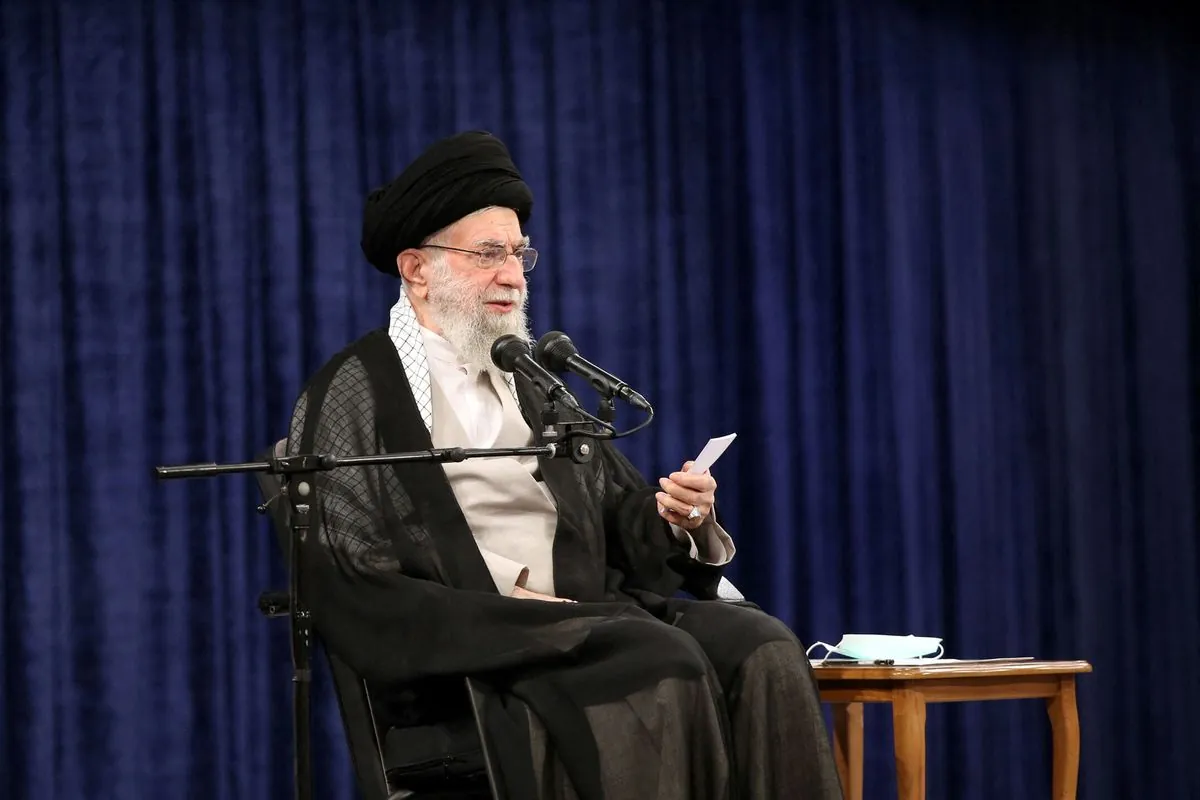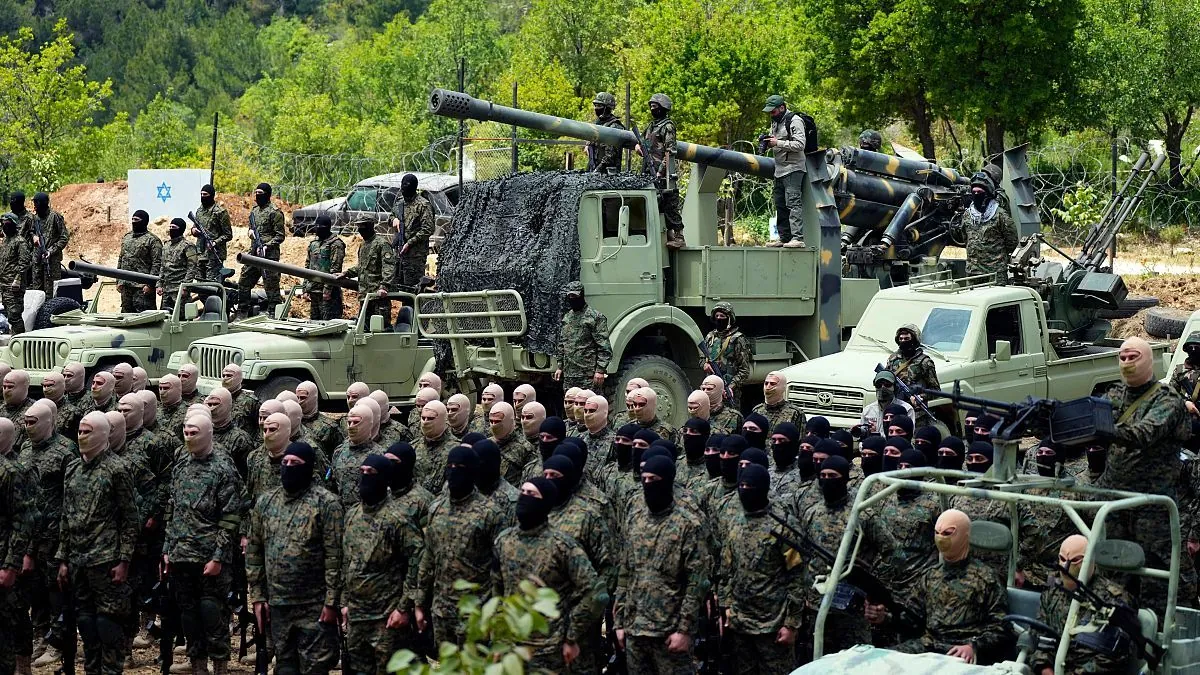Iran's Leader Defiant as Israel Strikes Hezbollah in Lebanon
Iran's Supreme Leader asserts Hezbollah's resilience amid Israeli offensive in Lebanon. Conflict escalates with hundreds dead, as Iran criticizes US involvement in the region.

In a recent statement, Ayatollah Ali Khamenei, Iran's Supreme Leader, asserted that the elimination of Hezbollah commanders would not significantly weaken the organization. This declaration comes in response to Israel's ongoing offensive in Lebanon, which has resulted in numerous casualties among Hezbollah's leadership.
The Israeli military operation, which began on September 23, 2024, has claimed 569 lives, according to Lebanon's health minister. This marks the most severe assault on Lebanese territory in nearly two decades, occurring against the backdrop of a prolonged conflict between Israel and Hamas in Gaza that began approximately 11 months ago.
Hezbollah, established in 1985, has been a significant force in Lebanon for almost four decades. The group's resilience stems from its complex structure and extensive support network. With an estimated 45,000 active fighters and a sophisticated arsenal of rockets and missiles, Hezbollah poses a formidable challenge to Israeli forces.
Khamenei emphasized the organization's strength, stating:
"The organisational strength and human resources of Hezbollah is very strong and will not be critically hit by the killing of a senior commander, even if that is clearly a loss."

Iran's support for Hezbollah dates back to the group's inception and continues to be substantial. Estimates suggest that Iran provides hundreds of millions of dollars annually to support Hezbollah's operations. This backing has enabled the organization to maintain a significant presence in Lebanon, including an extensive social services network comprising schools and hospitals.
The current escalation follows recent attacks on Hezbollah's communication devices, including pagers and hand-held radios. These incidents have further strained the already tense situation in the region.
Khamenei also directed criticism towards the United States, accusing Washington of involvement in the conflict. He suggested that the US administration seeks a victory for Israel ahead of the upcoming presidential election in November 2024. This assertion highlights the complex geopolitical dynamics at play in the region.
Hezbollah's influence extends beyond military operations. The group holds seats in the Lebanese parliament and has participated in ministerial positions, demonstrating its political clout. However, it faces international sanctions and is designated as a terrorist organization by several countries, including the US and Israel.
As the conflict intensifies, the international community watches closely. The situation underscores the enduring tensions in the Middle East and the intricate web of alliances and rivalries that shape regional politics.


































